The Best Skincare Ingredients for Sensitive Skin
What are the best skincare ingredients for sensitive skin?
Sensitive skin is all down to an issue with the skin barrier, where your skin is not working effectively to protect you from environmental irritants, and you’re more likely to feel stinging or discomfort when you encounter any insult or challenge to your skin. When it comes to good skincare ingredients, basically it’s all about barrier repair.
Barrier issues are the fundamental problem behind skin concerns like eczema and psoriasis.
We also have a detailed article about how to manage an eczema flare for further reading.
Hyaluronic Acid
Hyaluronic acid is a sugar that is found naturally in our skin, and it is all about hydration. It is famous for being able to bind over a thousand times its own weight and water, and will help give you that plump, youthful skin. It will help to lock moisture into your skin, working as a humectant. While it only penetrates into the epidermis, that’s as deep as it needs to go to work its magic.
To learn more, read our Hyaluronic Acid 101 guide from the Sunday Edit
Glycerin
Glycerin, derived from plants, is another wonderful humectant that works by locking moisture into your skin. It is one of the most popular moisturising ingredients in skincare products. It is safe for all skin types, but sometimes in high concentrations can be slightly irritating.
Ceramides
Ceramides are a natural component of your skin barrier - in fact they form the majority of it! It is a type of fat or lipid, which is very important for the overall health and functioning of your skin. Think of it as part of the glue that holds your skin cells together, making sure they form a tight and sooth protective layer.
Squalene
Squalene is a type of lipid (fat) that is naturally found on your skin, and helps to lubricate and maintain the skin barrier. Squalane is derived from squalene and is much lighter and preferred in many skincare products, as it is better for acne-prone skin. They are an excellent emollient and antioxidant to protect your skin.
Polyhydroxy Acids
Polyhydroxy acids are a very gentle exfoliant, so perfect for sensitive and dry skin types. They are one of the newest skincare ingredients out there, and are similar to the well-known alpha-hydroxy acids but slightly bigger in molecular size, which makes them more tolerable. They work really well as humectants to lock in hydration, and have anti-inflammatory effects. They are very versatile and tend to be safe to use in combination with a whole range of ingredients as they are so gentle.
Niacinamide
Niacinamide is a great all-round ingredient that appears on so many of our lists because it is really just that versatile, tolerable, and effective. It is a form of Vitamin B3 (read our guide to vitamins and your skin). It is anti-inflammatory, aids in dealing with hyperpigmentation, is great for acne, and has anti-ageing effects. And it is gentle enough to work all of this magic on sensitive skin.
Urea
Urea is a keratolytic emollient, which means that it is wonderful for getting rid of loose, scaly skin by allowing that dry excess to slough off. It’s perfect for a lot of skin barrier-related skin concerns like psoriasis or eczema. It is also a great at hydrating your skin, as it is a component of Natural Moisturising Factor (NMF), the water-retaining layer on top of your skin.
Want more?
Read our guides to the best ingredients for hyperpigmentation and acne.
References
Leyden, J., Stein-Gold, L., & Weiss, J. (2017). Why Topical Retinoids Are Mainstay of Therapy for Acne. Dermatology and therapy, 7(3), 293–304. https://doi.org/10.1007/s13555-017-0185-2



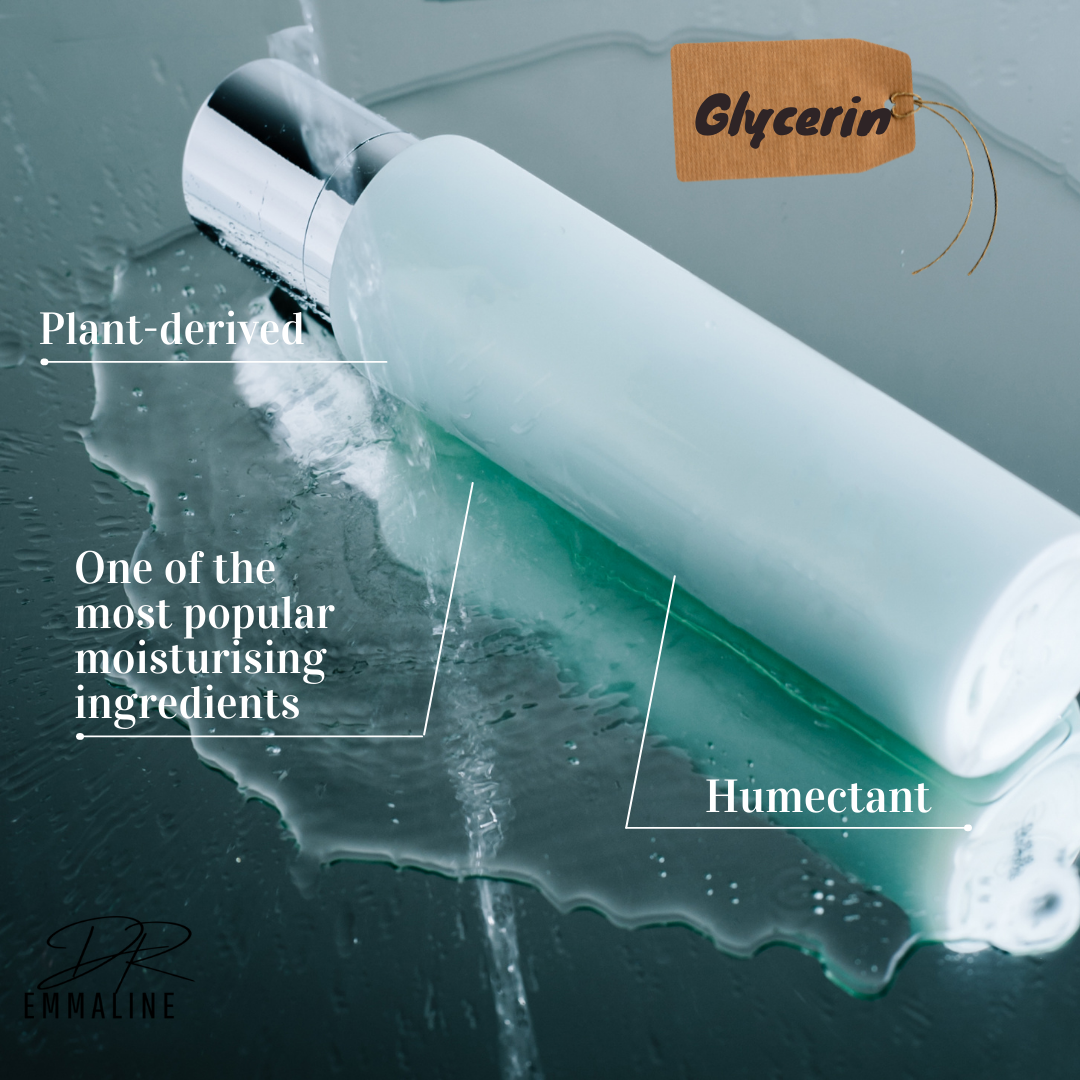
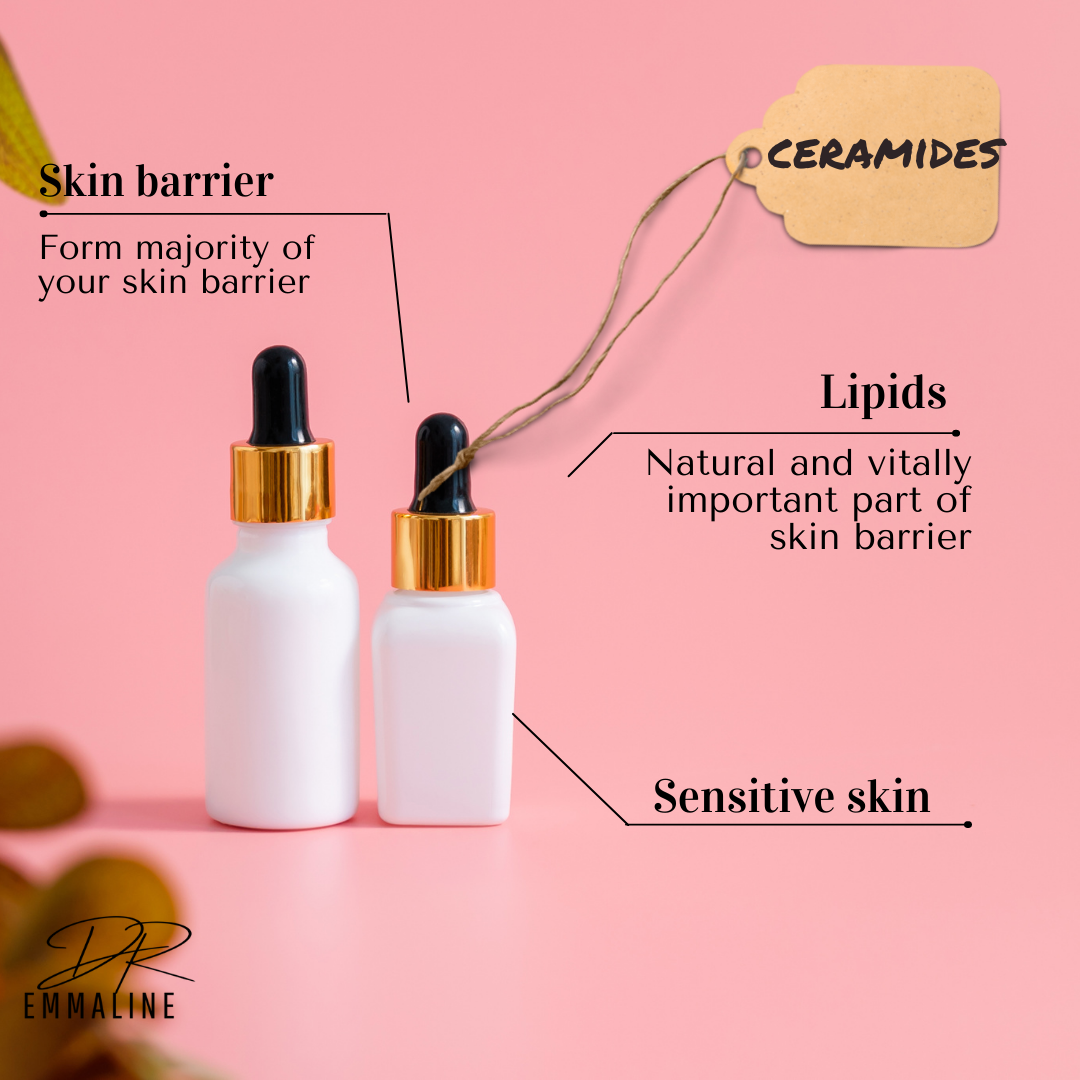
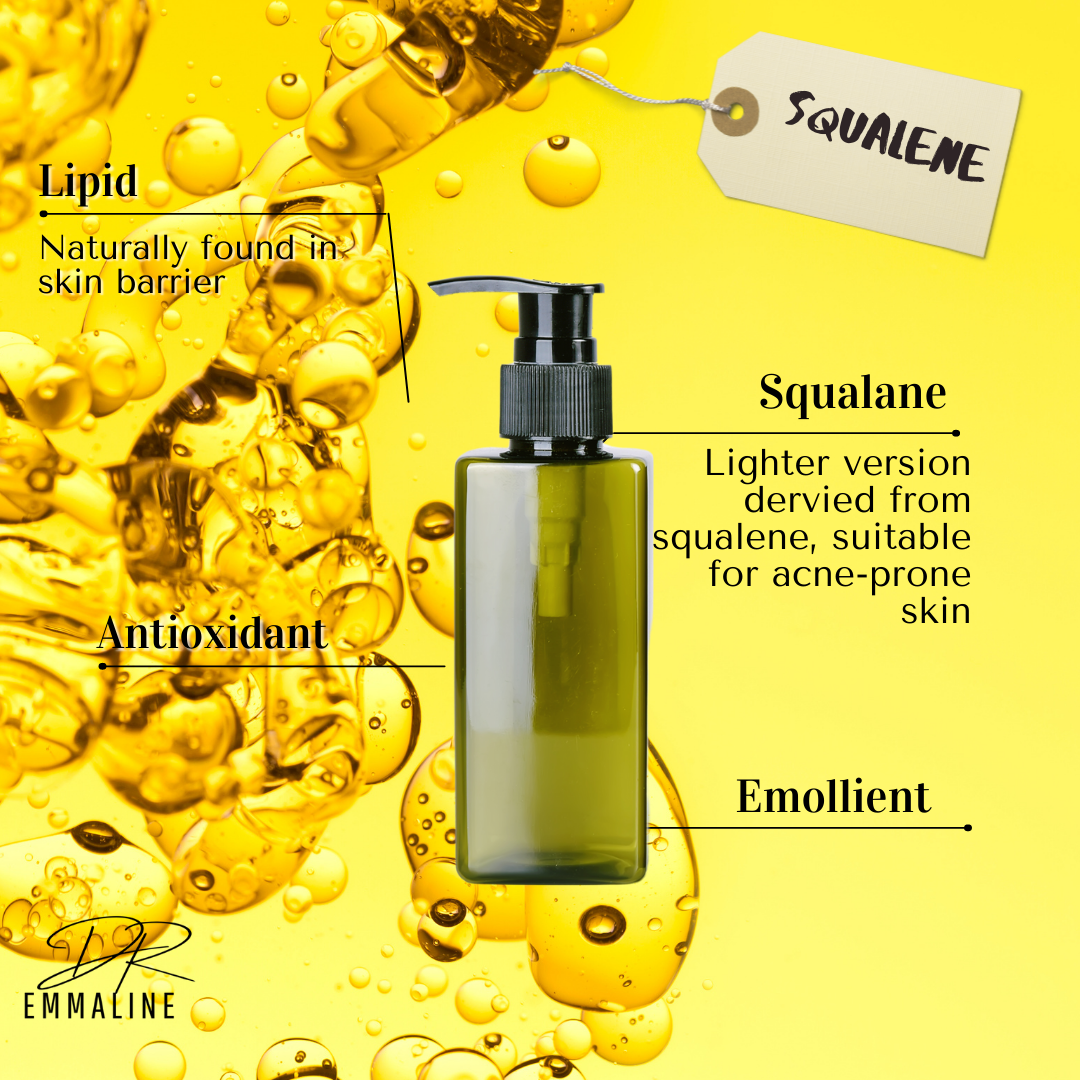
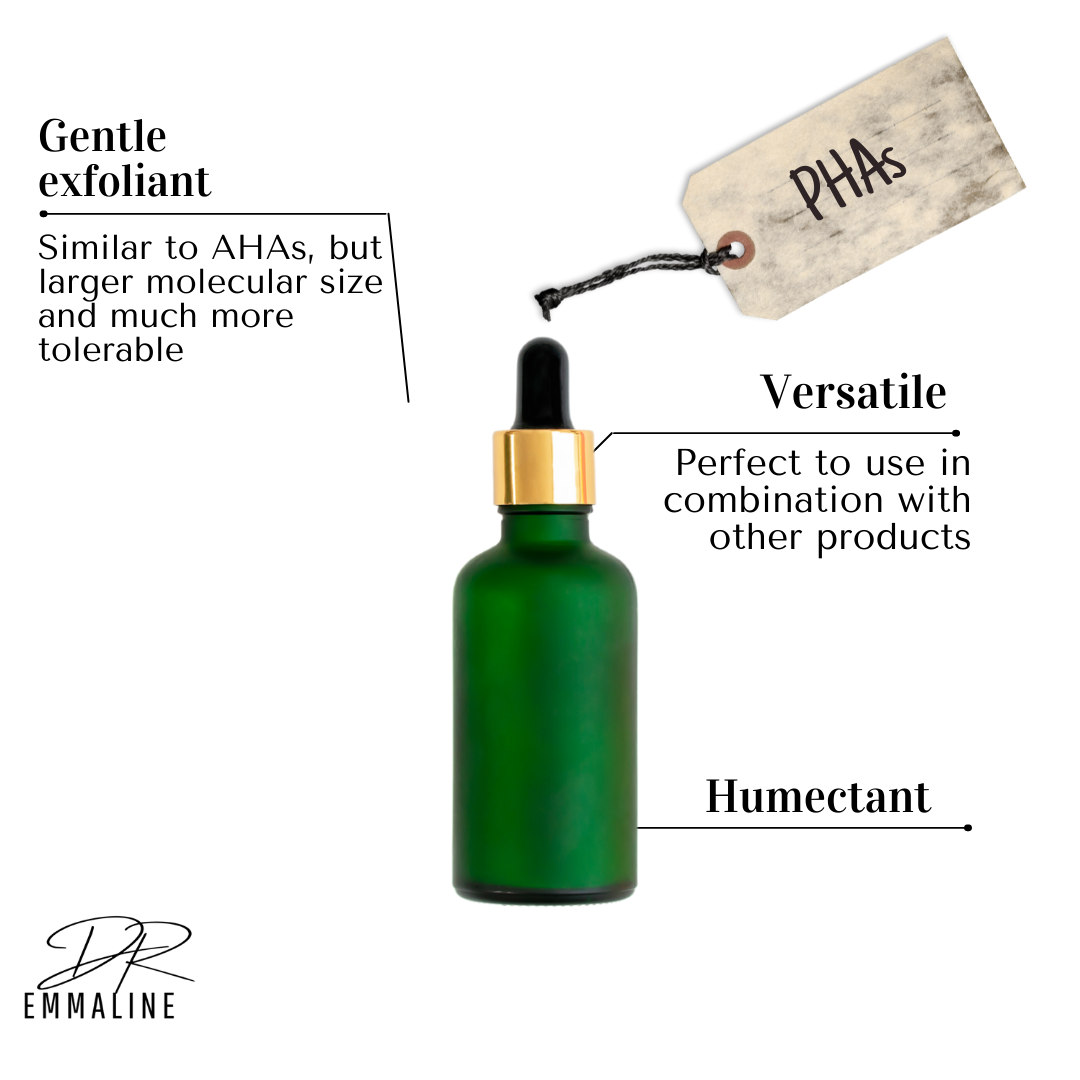




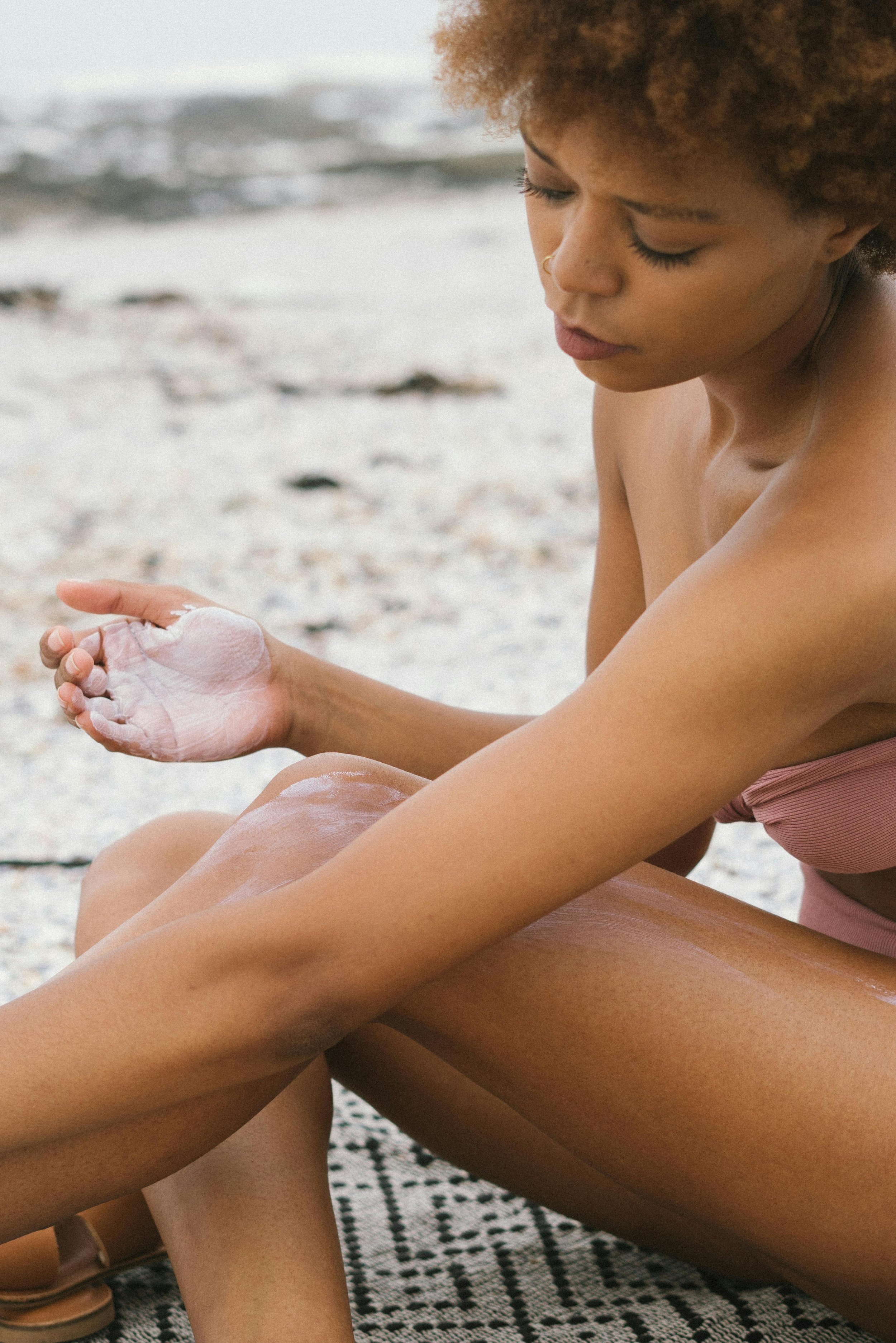
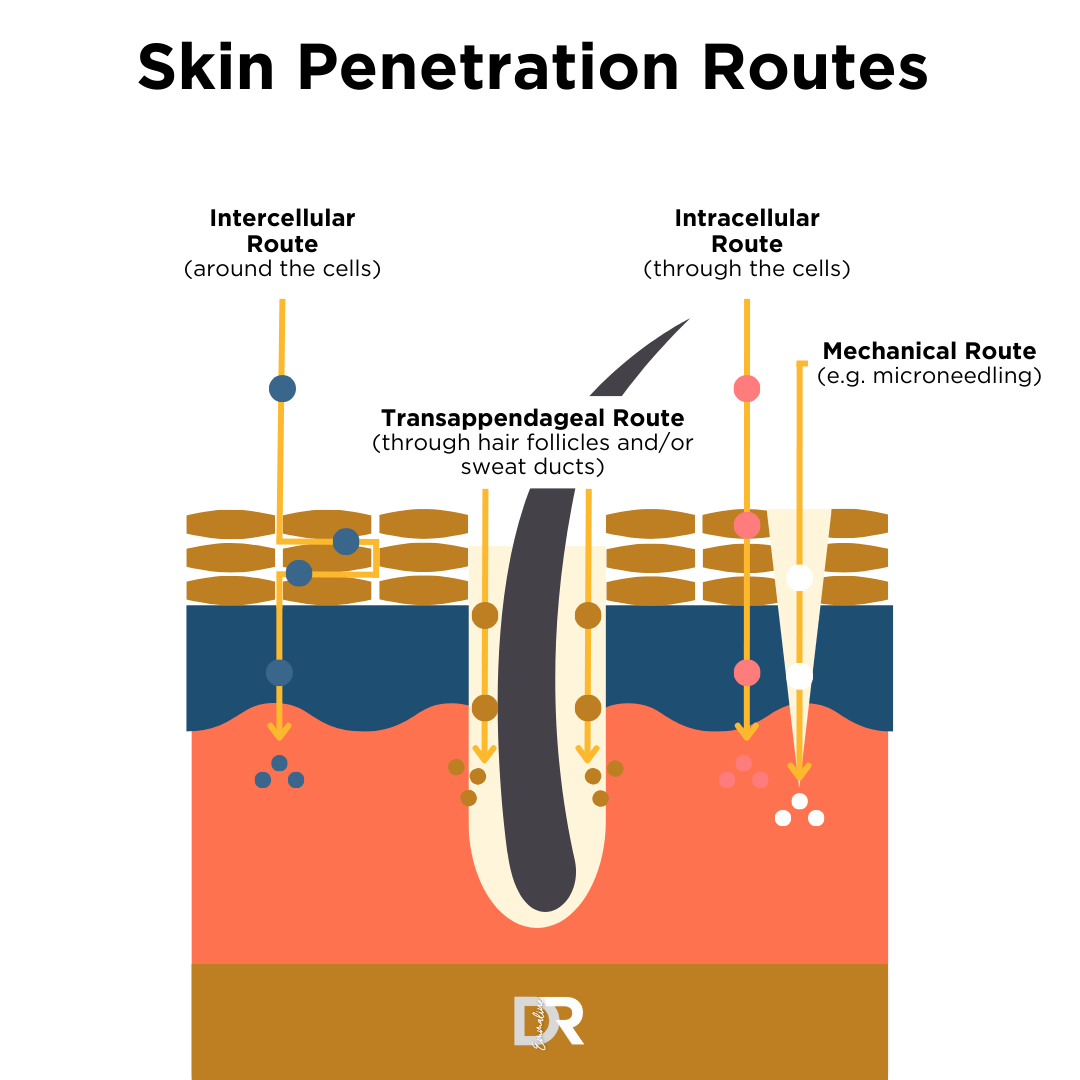
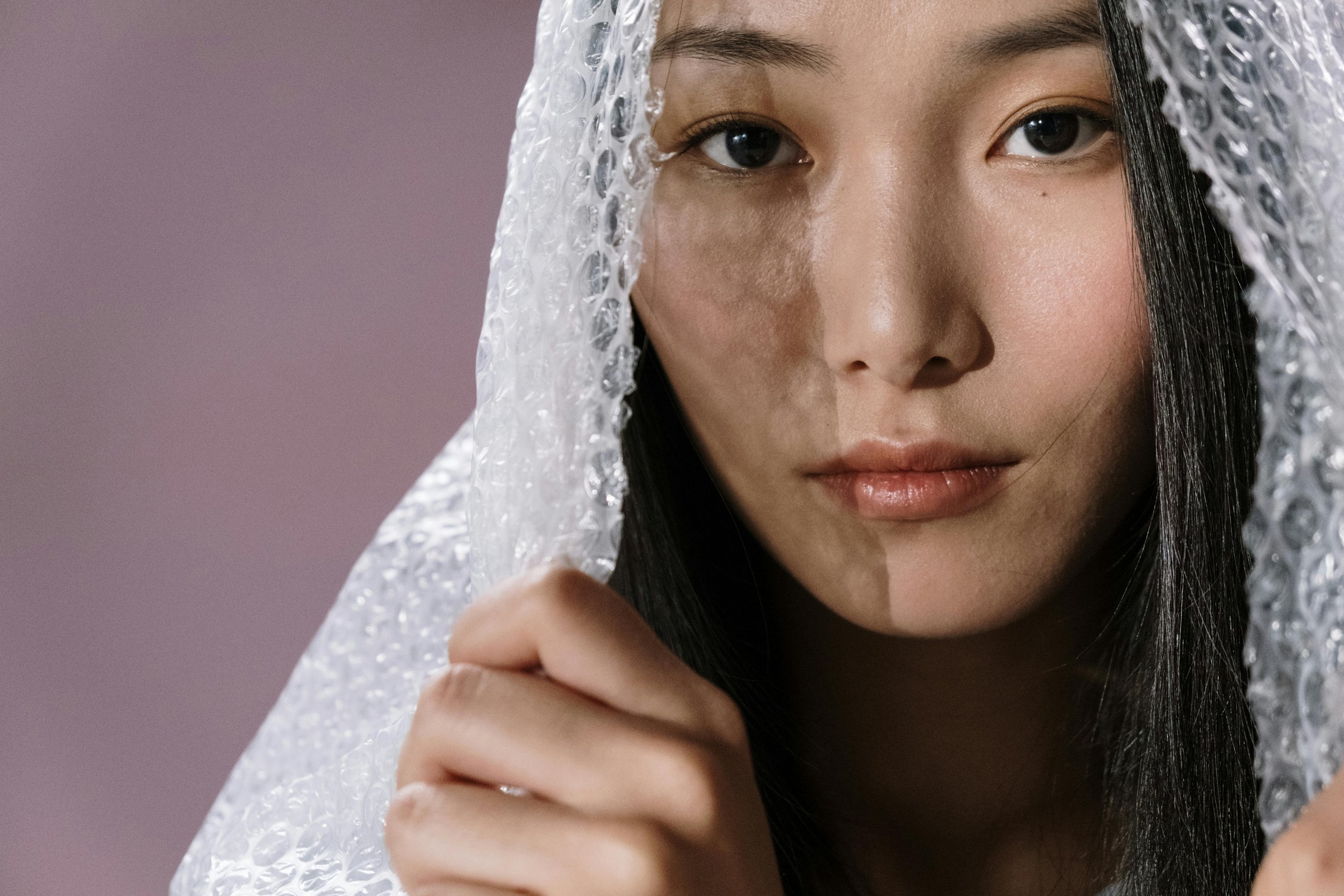




When it comes to skincare, acids have long been the stars of the show—think glycolic, salicylic, and hyaluronic acids. These tried-and-tested ingredients have earned their reputation for addressing common skin concerns such as acne, wrinkles, and dryness.
But did you know there are lesser-known acids that are starting to make their mark in the skincare world? While some have been used for centuries, others are still emerging in research. In this blog, we’ll introduce you to some skincare acids you may have never heard of, discuss their potential benefits, and help you decide whether they should make their way into your routine.